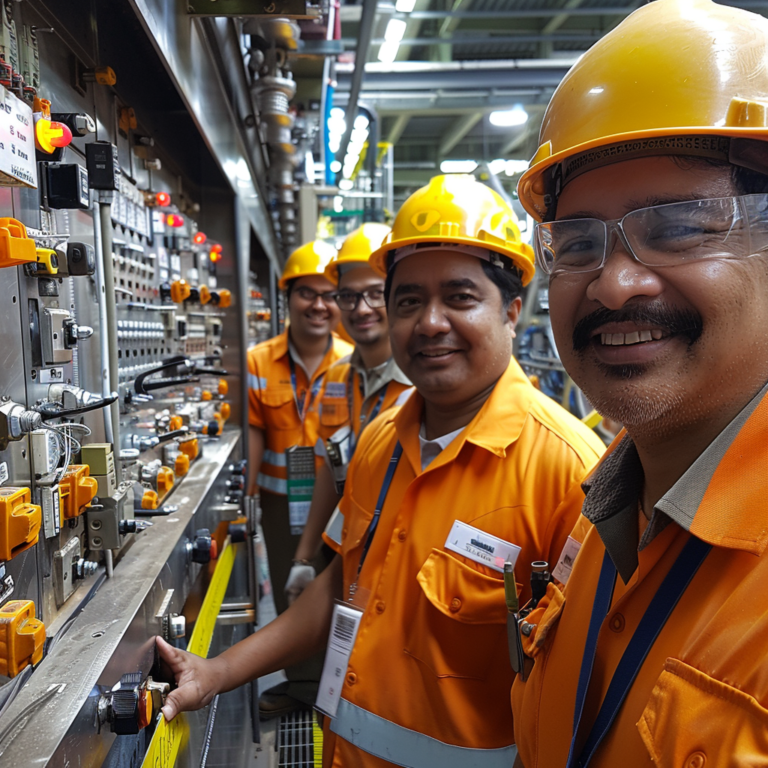1. Basic knowledge of instruments
Instruments are key components in industrial automation systems, and are mainly used to measure, record, control and adjust various physical quantities, such as temperature, pressure, flow, liquid level, etc.
The basic function of instruments is to achieve signal conversion, that is, to convert the measured physical quantity into a standard signal for subsequent data processing and control.
The performance indicators of instruments include measurement range, accuracy, stability, etc., which are important factors to consider when selecting and using instruments.
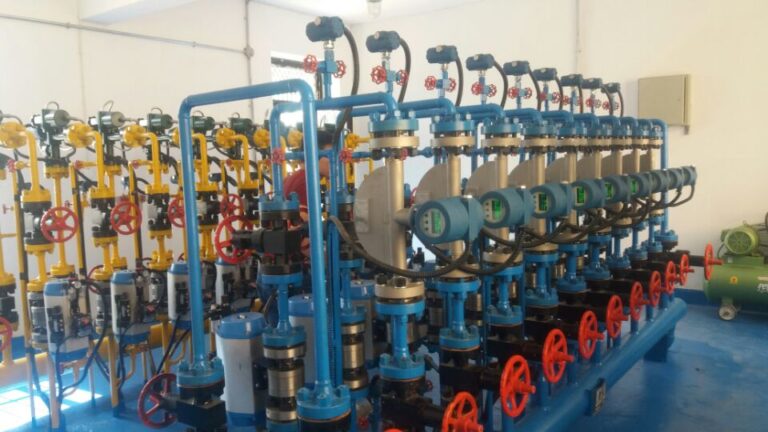
2. Instrument classification and principle
Instruments can be divided into temperature instruments, pressure instruments, flow instruments, liquid level instruments, etc. according to the different measurement objects.
Each instrument has its specific working principle and structural characteristics.
For example, temperature instruments can measure temperature based on thermoelectric effect, thermal resistance effect or thermal expansion effect; pressure instruments can reflect the size of pressure through the deformation of elastic elements.
Understanding the working principles of various instruments will help us choose and use instruments correctly.
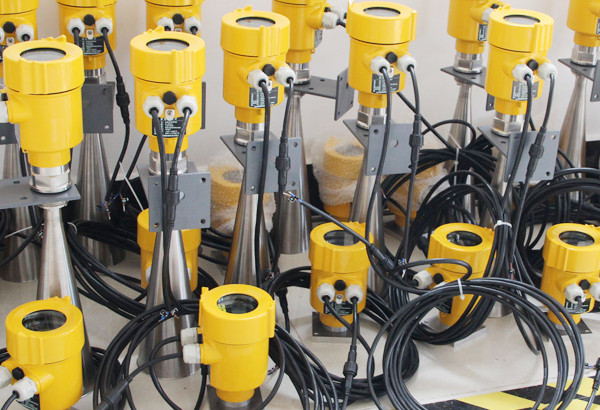
3. Automatic control system
Automatic control system is an important knowledge that instrument workers need to master.
Automatic control system mainly consists of three parts: sensor, controller and actuator.
Sensor is used to obtain information of the controlled object. The controller calculates and judges according to the information provided by the sensor, and then sends a control signal to the actuator. The actuator performs corresponding actions according to the control signal to realize automatic adjustment and control of the controlled object.
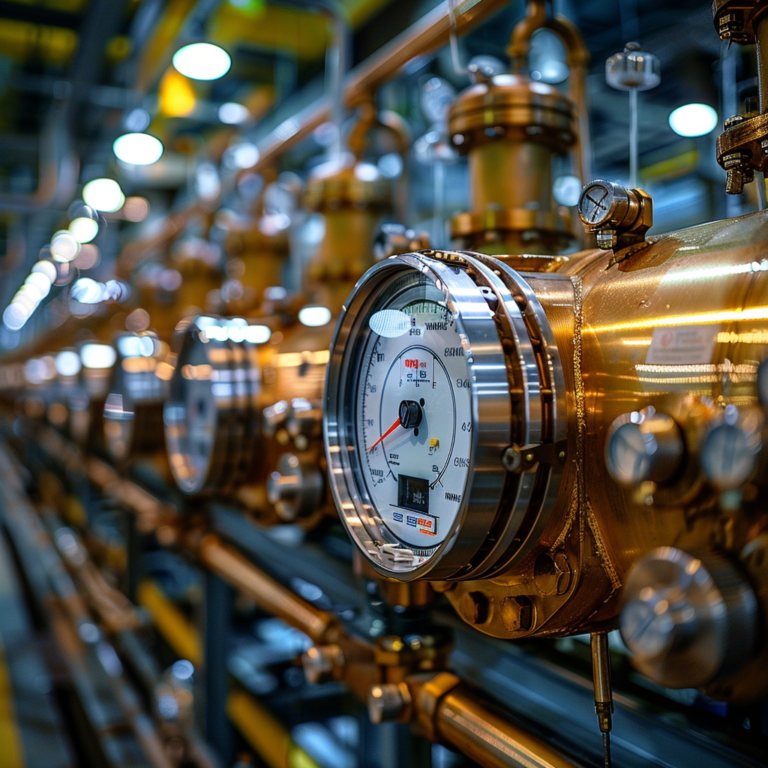
4. Data Collection and Processing
In the automation system, data collection and processing are important links to achieve system monitoring and optimization.
Instrument workers need to master various data collection methods, such as analog signal collection and digital signal collection, and also need to understand the basic methods of data processing, such as filtering, scaling, data compression, etc.
By processing and analyzing the collected data, it can provide strong support for the optimization and control of the production process.
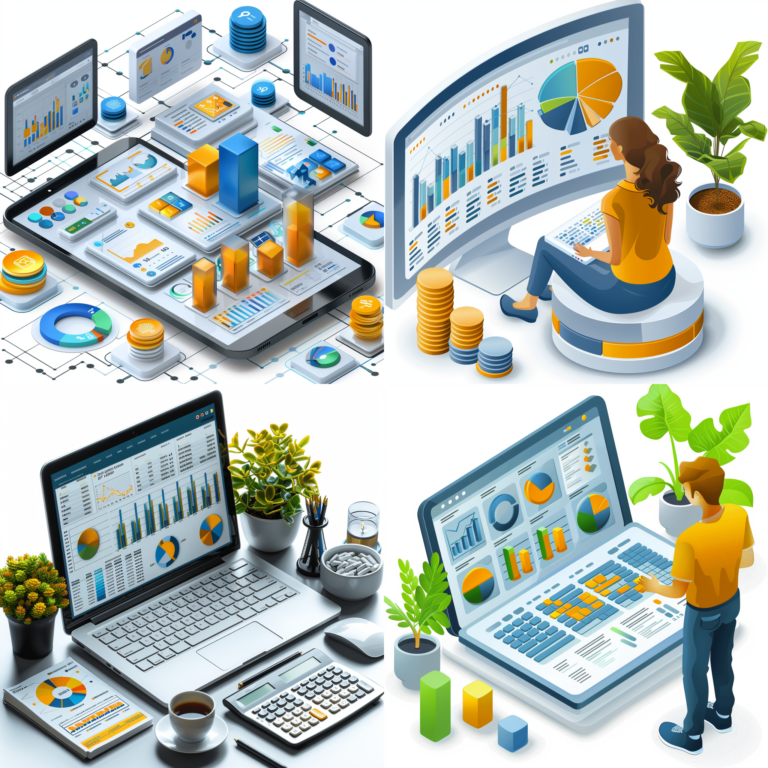
5. Fault diagnosis and maintenance
Fault diagnosis and maintenance of instruments is one of the important responsibilities of instrument workers.
Instrument workers need to be familiar with the fault types and manifestations of various instruments, and master the basic methods of troubleshooting, such as observation and testing.
At the same time, they also need to understand the maintenance knowledge of instruments, including regular calibration, cleaning and replacement of wearing parts, to ensure the stability and reliability of the instrument.
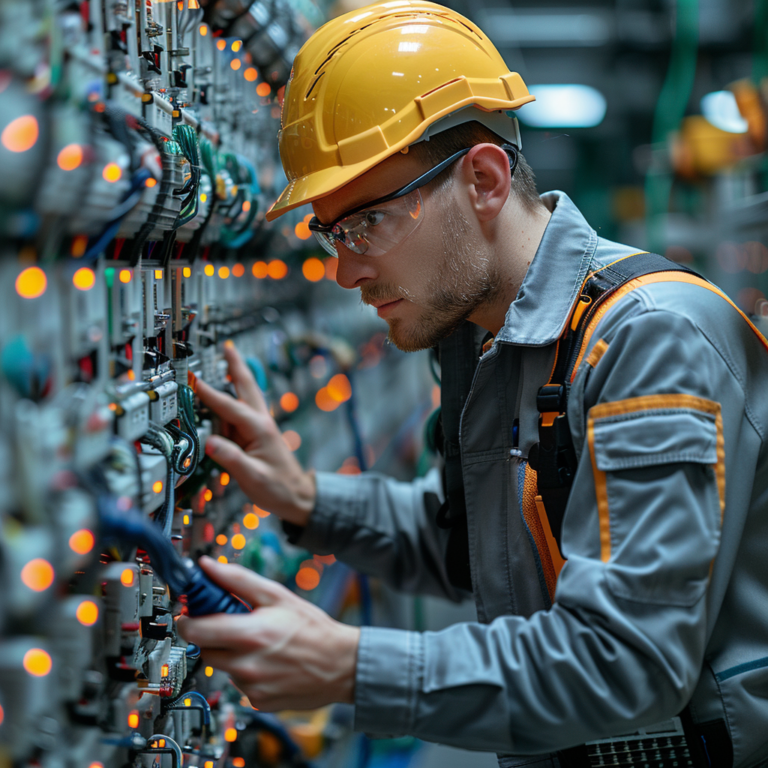
6. Safety Operation Specifications
Safe operation is crucial during the installation, commissioning and use of instruments.
Instrument workers need to strictly abide by safety operation specifications, such as wearing protective equipment, complying with electrical safety regulations, and avoiding misoperation. At the same time, they also need to understand emergency response measures to deal with possible emergencies.
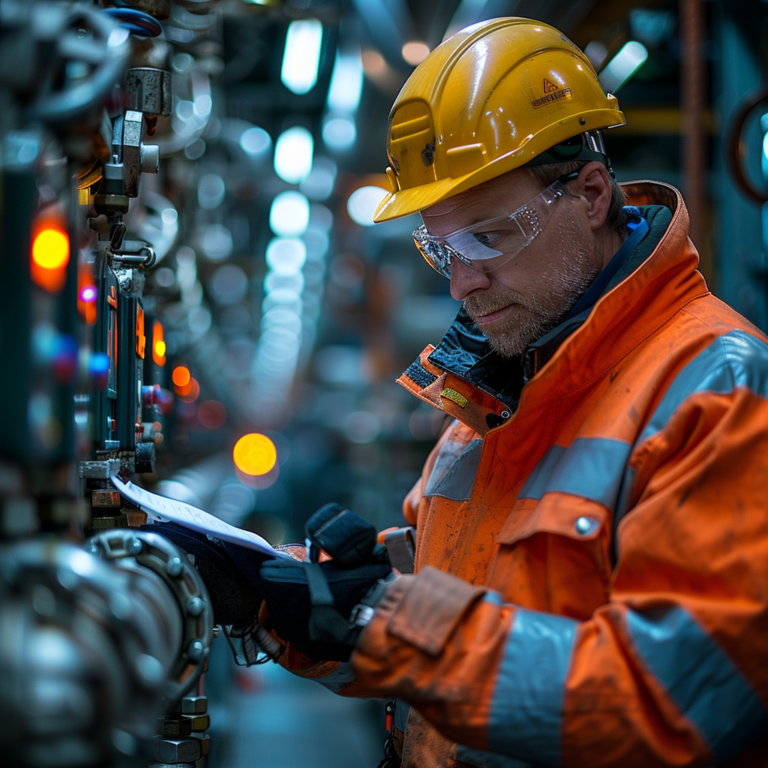
7. Application of advanced technologies
With the continuous advancement of science and technology, more and more advanced technologies are being applied to the field of automation instruments.
Instrument workers need to pay attention to the development trends and applications of these technologies, such as Internet of Things technology, cloud computing technology, big data analysis, etc.
By learning and mastering these advanced technologies, the work efficiency and quality of instrument workers can be improved, and they can contribute to the improvement of the automation level of enterprises.
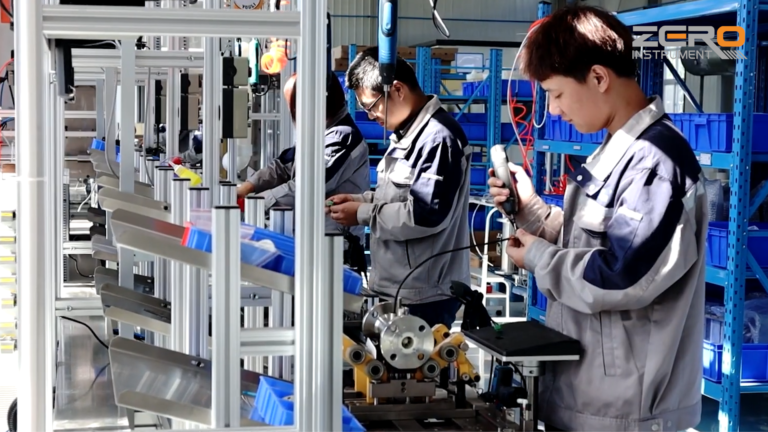
8. Development Trends and Frontiers
At present, automation instruments are developing in the direction of intelligence, networking and integration.
Intelligent instruments have higher measurement accuracy and stronger data processing capabilities; networking technology enables instruments to achieve real-time remote monitoring and data sharing; integrated technology enables multiple functions to be integrated into one instrument, improving the reliability and ease of use of the system.
At the same time, with the continuous development of technologies such as artificial intelligence and machine learning, the application of automation instruments in fault prediction, optimization control and other aspects will also be more extensive and in-depth.
In short, as an instrument worker, you need to constantly learn and master automation knowledge, improve your professional skills and literacy, and adapt to the development and changes in the field of automation instruments.
